Asif Raza Mir explains why there are no Netflix Originals from Pakistan
What has veteran actor Asif Raza Mir been doing since his golden on-screen days? He's been dabbling in advertising, production and now post-production work for films and videos. It is his experience in the media industry that gives him the confidence to explain why viewers aren't getting Netflix Originals from Pakistan.
In an interview with the digital media platform VCAST, Mir spoke about film and television content from Pakistan and the reasons why it isn't recognised internationally. "How do you think India — which is now providing content for Amazon and Netflix — moved from film to these platforms [whereas we] have not run any original content on these platforms?" Mir asked rhetorically.
"It's not because of the content, it is because of the quality of the content," he said.
Mir explained how his own experience in the media industry has forced him to draw these conclusions. "The period that I was in Geo for the first time, we started exporting our content to places like Barbados, Poland and Australia," he said. "Our content started going global, even to India for that matter. People loved our content but there was an issue — quality.
"When we don't see competitors and don't [create] comparisons, we'll think our content is great but it is not. It is not great technically. It is beautiful as far as the concept is concerned, great performances, great direction but technically worthless. Our audio is useless. Our visuals are crap. Our editing is not worth talking about," said the veteran actor.
"I know people will not like what I am saying but that is a true fact. I know [because] when I used to send content, they used to say there are crackles in the audio, issues in the audio and it is of no use. How can we use this audio? In today's world, platforms [such as Netflix] have the highest standards of quality."
Mir lamented how channels and production houses don't invest in talent to help make content technically greater than it is. "Not a single channel owner or production house has invested back into the talent, on the technicians," he said. "They've all made money. They all complain. They all talk about facilities. They all talk about how great Indian content is, how great Western content is. Can someone tell me how much they've invested back into the industry?"
The veteran actor spoke about his personal journey beyond his early career in acting as well. He explained why he stepped into production and post-production work. "What is the area which really requires somebody like me, who has some experience behind him, has seen the world and knows the industry also?" he asked. "The first thing that came to my mind was a post production company. There came an opportunity [too] — someone said there is a lot of work happening [that] the West needs and most of [it] is going to India, Poland, Bulgaria and all these places. Would you be interested? I asked what it is and they said restoring old films. I said I haven't heard of it [but] it sounds interesting."
Mir explained that Pakistan has a lot of potential to entertain such opportunities from abroad. "If you develop your staff over here, if you develop your technician over here, people will start coming here and you will generate a lot of money," he said.
"Your dollar is cheaper here, in comparison your currency is cheaper. You can start exporting your technicians, you can get a lot of international content [and have it] done in Pakistan. Our labour is cheaper, our services are cheaper. Our utilities, in comparison, are still cheaper. Yes, there are electricity issues, but we've found ways [around] it."
Mir has acted in PTV serials such as Samundar and Tanhaiyaan. He was also seen in later television serials such as Ishq Gumshuda and Choti Choti Baatein. He is from a family of actors and directors — his father was a film director and the cinematographer for Teri Yaad, Pakistan's first ever film produced in 1948. His son is the much-loved Ahad Raza Mir who rose to prominence through serials such as Yaqeen Ka Safar.


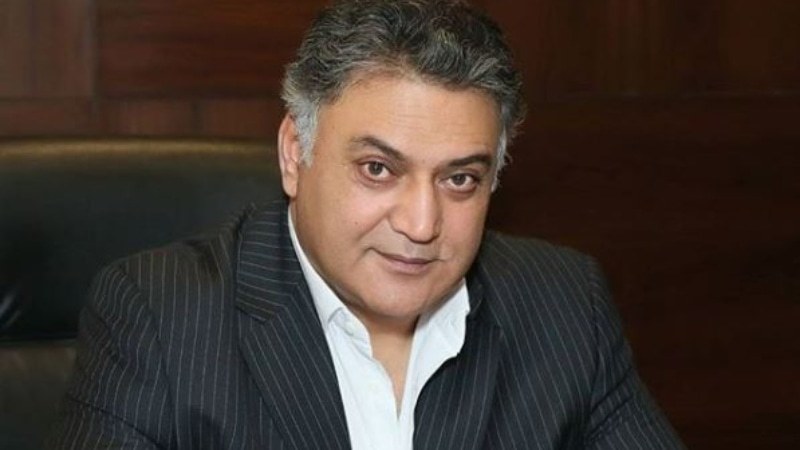


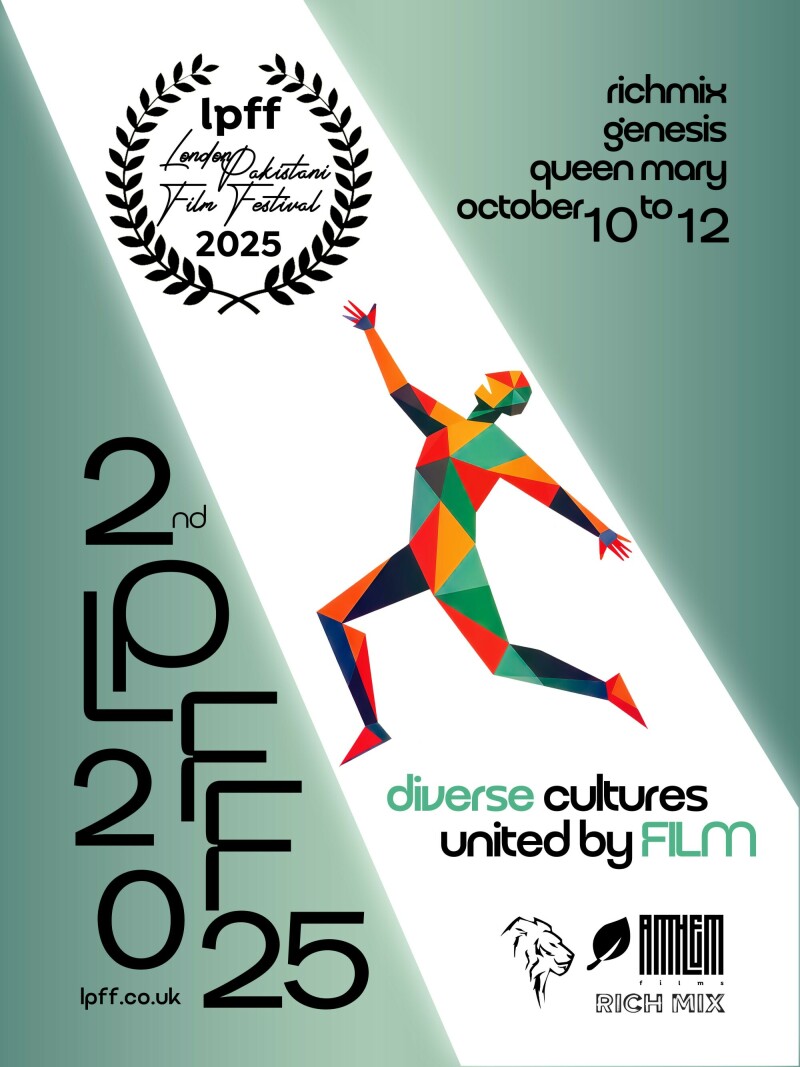

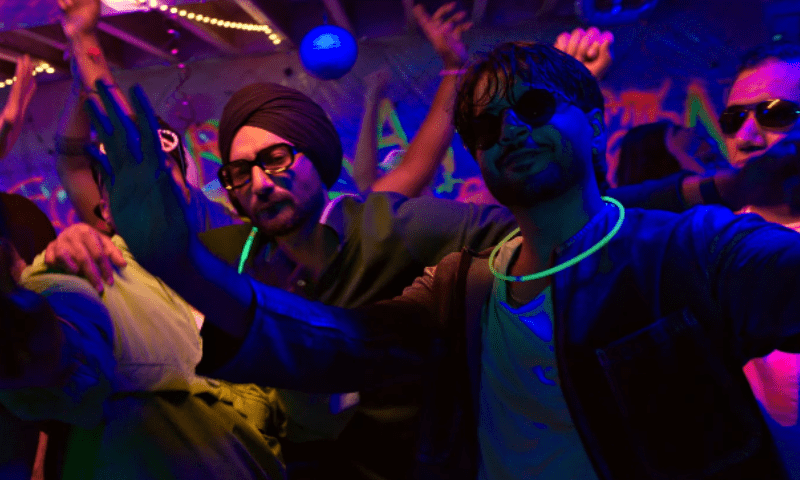
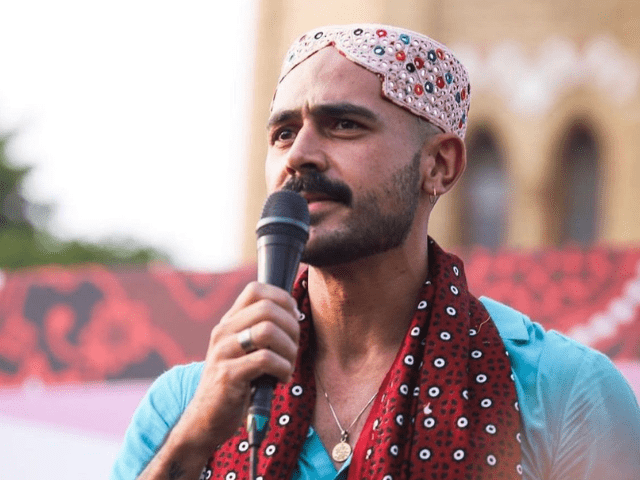

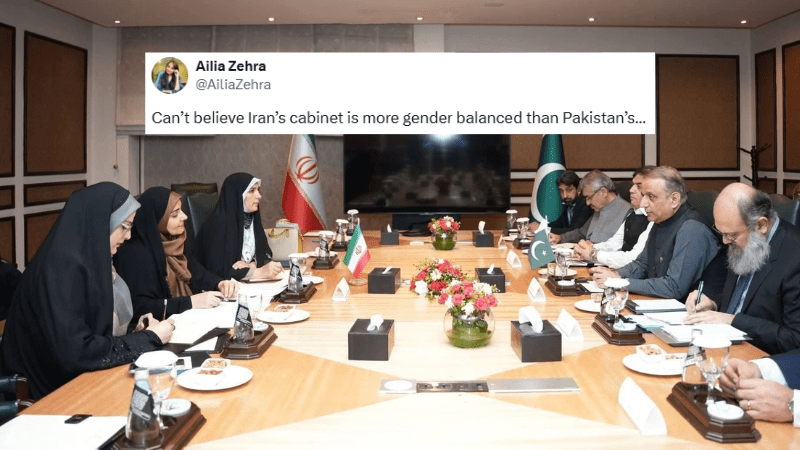

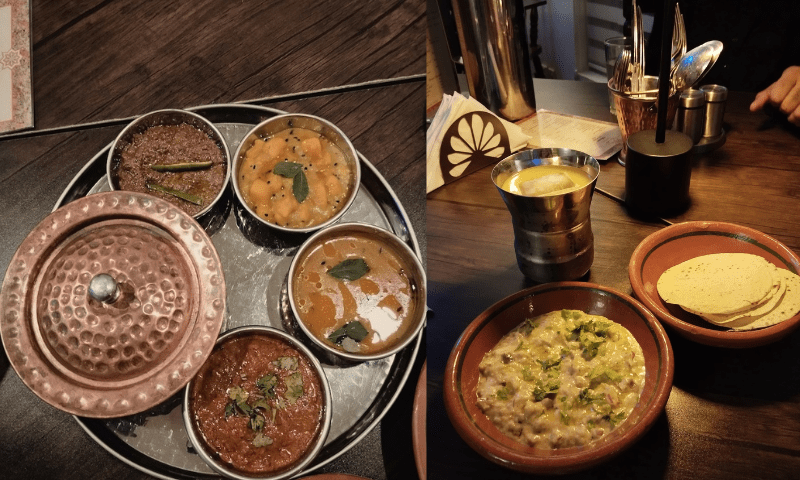

Comments